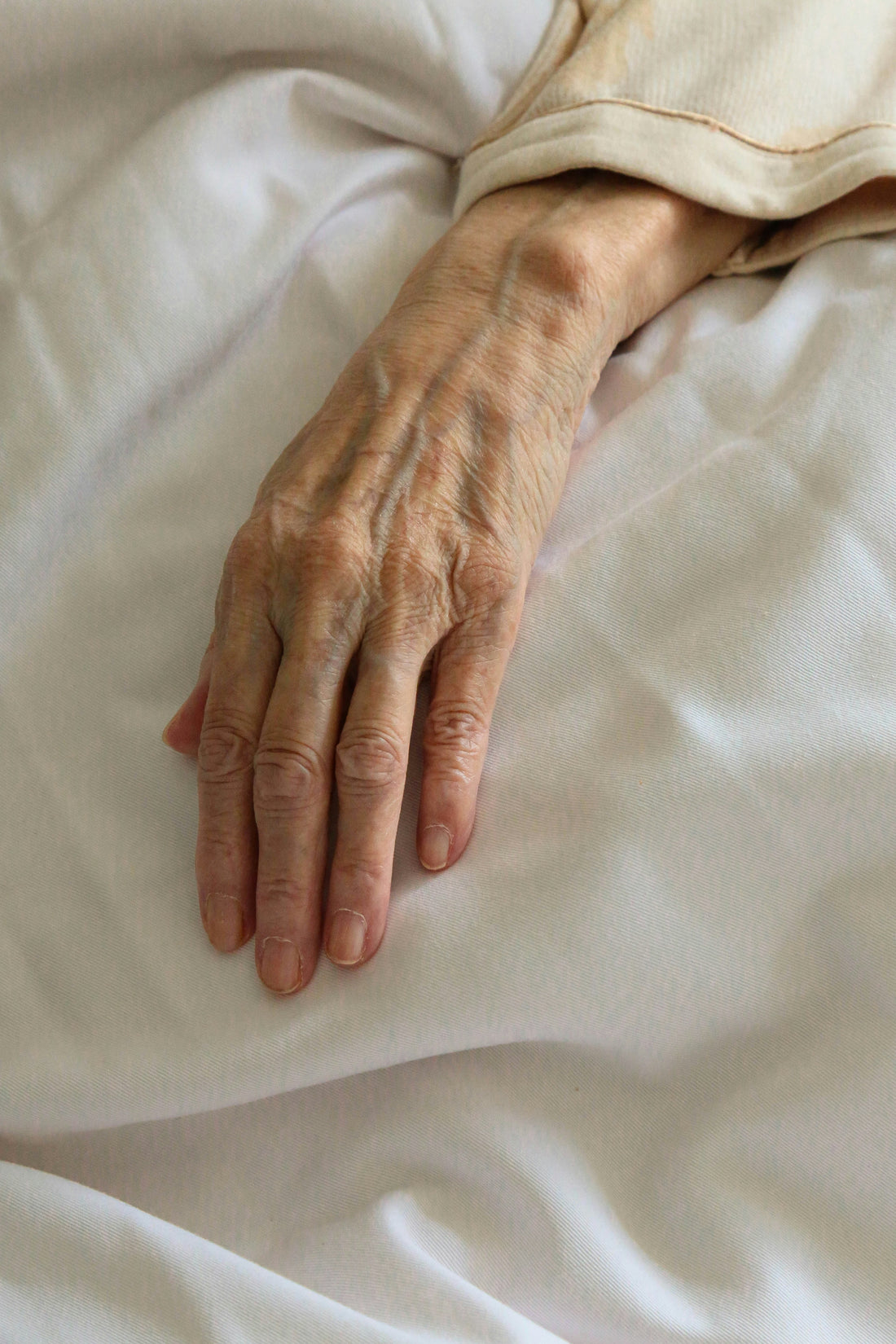Why dexterity matters in oral hygiene
Tooth brushing and interdental cleaning are simple routines for most patients, but for those with limited dexterity, even basic oral care tasks can be extremely challenging. Flossing, for example, requires multiple fine and gross motor movements involving the shoulders, wrists, and fingers. For patients with reduced function, string floss may be almost impossible to use effectively.
Studies have shown that poor manual dexterity is linked with increased plaque levels and a greater risk of periodontal infections. As clinicians, we must recognise these challenges and support patients in finding realistic alternatives that ensure effective plaque removal and gum health.
Who is affected?
Limited dexterity can arise from many causes, including:
- Age-related decline in grip strength and mobility.
- Rheumatoid arthritis, which affects around 1% of the UK population and often limits finger and wrist movement.
- Neurological or muscular conditions, such as cerebral palsy, muscular dystrophy, multiple sclerosis, or stroke.
In these cases, conventional flossing becomes impractical, which may lead to increased plaque retention, gingivitis, and progression to periodontitis.
Alternatives for patients with dexterity challenges
Evidence suggests that powered toothbrushes are highly beneficial for patients with reduced manual dexterity. These brushes support good technique and are proven to enhance plaque removal compared to manual brushing.
For interdental cleaning, water flossers offer a simple and effective alternative. Unlike string floss, which demands precise motor control, water flossing requires minimal dexterity, while still disrupting plaque biofilm and flushing debris from interdental and subgingival areas.
Why HCPs should recommend Waterpik
Recommending Waterpik™ water flossers helps dental professionals provide an inclusive, evidence-based solution for patients with dexterity challenges:
- Removes up to 99.9% of plaque bacteria from treated areas in just 3 seconds (in vitro).
- Clinically proven to be up to 50% more effective than string floss for improving gum health.
- Easy-to-use Cordless Advanced model offers customisable pressure settings and ergonomic design, supporting patient compliance and independence.
- Approved by the Oral Health Foundation - the only water flosser brand to hold this endorsement.
Conclusion
Dexterity challenges can make oral hygiene routines daunting, but with the right tools, effective care is possible. Powered toothbrushes and Waterpik™ water flossers allow patients with physical limitations to maintain plaque control, protect gum health, and reduce their risk of periodontal infections.
By recommending these clinically proven solutions, HCPs can help patients overcome barriers and achieve healthier, brighter smiles.
About the author
Charleane McInally is a dental hygienist with extensive experience supporting patients with complex oral health needs, including those affected by dexterity challenges.
